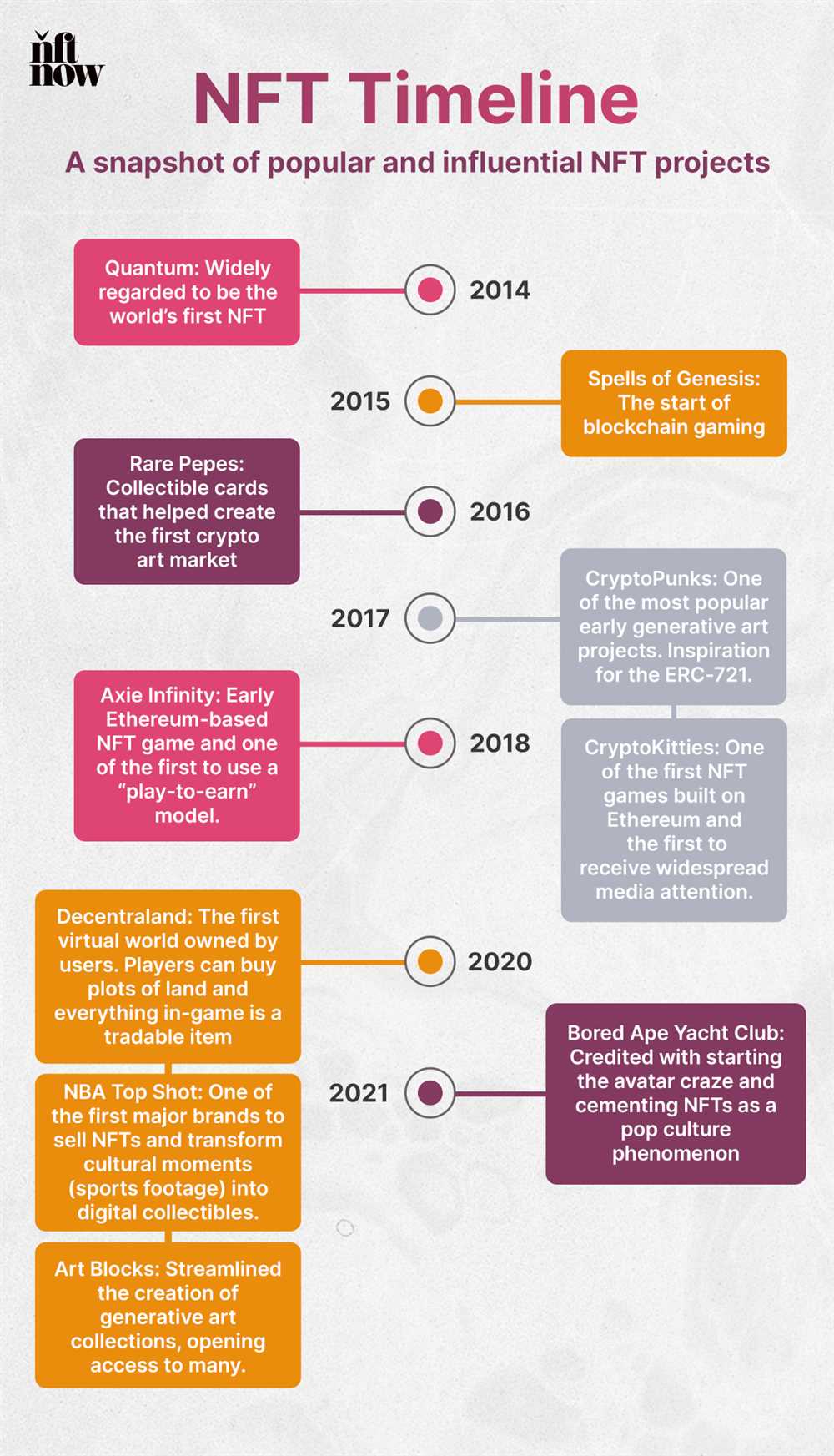
In recent years, non-fungible tokens (NFTs) have risen in popularity and become a hot topic of conversation in the digital art and collectibles space. NFTs are unique digital assets that are stored on a blockchain, which provides immutability and transparency. However, not all blockchains are created equal when it comes to hosting NFTs. Different blockchains offer various benefits that cater to the specific needs of creators, collectors, and investors.
One popular blockchain for NFTs is Ethereum. As the first major blockchain to support NFTs, Ethereum has established itself as a leading platform for digital art and collectibles. Its infrastructure and community are well-suited for NFTs, providing a high level of liquidity and vibrant marketplaces. Additionally, Ethereum’s smart contract functionality enables creators to embed royalties into their NFTs, ensuring they receive a percentage of future sales. This feature is particularly attractive for artists who want to monetize their work long-term.
Another blockchain gaining traction in the NFT space is Solana. Known for its high scalability and low transaction fees, Solana offers a fast and cost-effective environment for NFT transactions. This blockchain’s fast confirmation times make it ideal for creators and collectors who want to buy, sell, or trade NFTs quickly. Solana’s growing community and dedicated NFT marketplaces make it an increasingly popular choice for those looking for a more efficient blockchain for their NFT needs.
Tezos is another blockchain that has emerged as a contender in the NFT space. With its focus on security, Tezos provides a robust and stable platform for hosting digital assets. Additionally, Tezos utilizes a unique governance model that allows token holders to participate in decision-making processes for the blockchain. This feature adds an extra layer of decentralization and community involvement, which may be appealing to creators and collectors who prioritize transparency and democratic decision-making.
Overall, understanding the benefits of different blockchains for NFTs is crucial for navigating the rapidly evolving landscape of digital assets. Whether it’s Ethereum’s established marketplaces and smart contract functionality, Solana’s scalability and low fees, or Tezos’ focus on security and governance, each blockchain offers distinct advantages that cater to the diverse needs of NFT creators, collectors, and investors.
Exploring Blockchain Technology
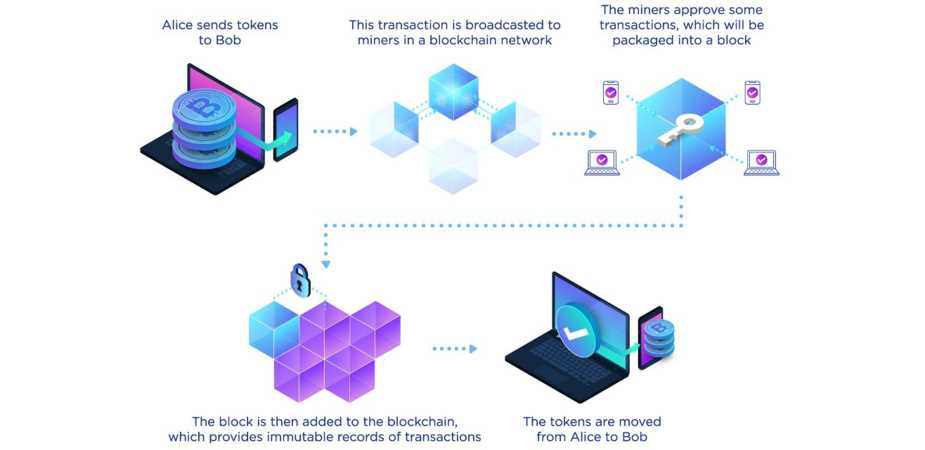
Blockchain technology is revolutionizing the way we store and transmit data. It is a distributed and decentralized ledger that records transactions across multiple computers. By using cryptography to secure the data, blockchain ensures transparency, security, and immutability.
One of the key features of blockchain technology is its ability to create trust in a trustless environment. Through consensus mechanisms like proof of work or proof of stake, blockchain networks validate and verify transactions without the need for intermediaries. This eliminates the need for trust in centralized authorities, making blockchain technology highly resistant to fraud and censorship.
Blockchain technology can be implemented in various industries, including finance, supply chain, healthcare, and even art. One of the most prominent applications of blockchain technology in recent years has been in the realm of non-fungible tokens (NFTs). NFTs are unique digital assets that represent ownership or proof of authenticity of a digital asset or collectible.
With blockchain technology, NFTs can be minted, bought, and sold with confidence. The transparent and immutable nature of the blockchain ensures the ownership and provenance of NFTs. This makes it a perfect fit for digital artists, collectors, and content creators who want to authenticate and sell their digital creations.
Blockchain technology is constantly evolving, with new advancements and improvements being made every day. From public blockchains like Ethereum and Binance Smart Chain to private and consortium blockchains, there are various options available for different use cases and requirements.
As blockchain technology continues to mature, it is expected to have a profound impact on various industries and disrupt traditional business models. The potential applications of blockchain technology are vast, ranging from finance and supply chain management to voting systems and intellectual property rights.
In conclusion, exploring blockchain technology opens up a world of possibilities. Its decentralized, transparent, and secure nature makes it a game-changer in the digital age. From NFTs to financial transactions, blockchain technology has the potential to transform how we interact, transact, and create value.
In summary, blockchain technology:
- Provides transparency, security, and immutability
- Eliminates the need for trust in centralized authorities
- Enables the creation of non-fungible tokens (NFTs)
- Has diverse applications across industries
- Continues to evolve and improve
- Has the potential to disrupt traditional business models
Blockchain technology is a powerful tool for the digital era, and its potential is still being explored. As we delve deeper into the possibilities of blockchain, we may uncover even more innovative and transformative use cases.
Understanding Non-Fungible Tokens (NFTs)
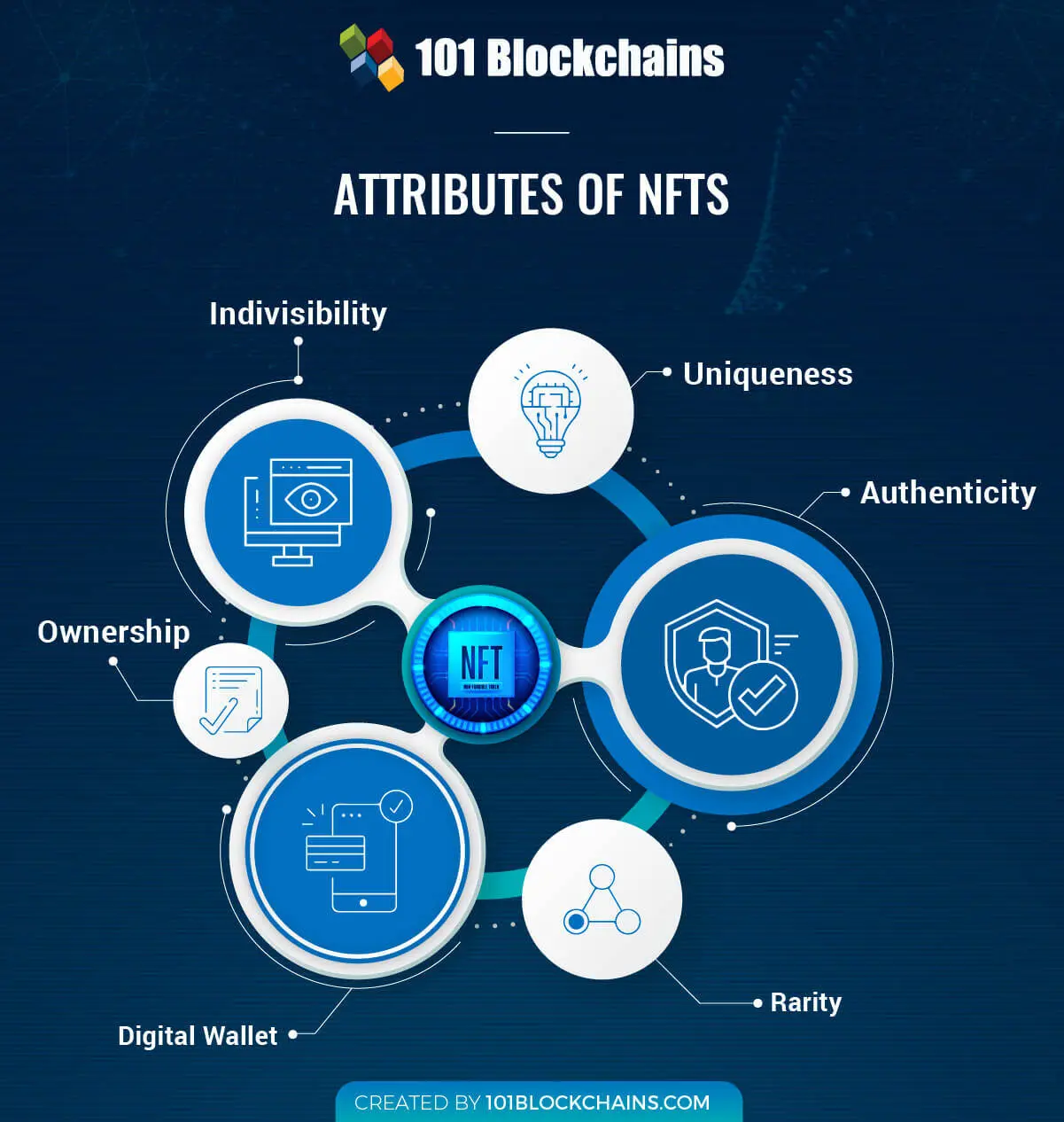
Non-Fungible Tokens (NFTs) have gained significant attention and popularity in recent years, revolutionizing the way we perceive and trade digital assets. Unlike cryptocurrencies such as Bitcoin and Ethereum, which are fungible and interchangeable, NFTs are unique and indivisible assets.
Each NFT represents a one-of-a-kind digital item or piece of content, such as artwork, music, videos, virtual real estate, and more. These tokens are stored on a blockchain, which provides a decentralized and transparent ledger for recording ownership and transaction history.
The ownership of an NFT is verifiable and cannot be duplicated or replicated, making it valuable and scarce. This uniqueness and scarcity have created a whole new market for digital collectibles, with artists, creators, and collectors embracing this technology.
| Benefits of NFTs |
|---|
| 1. Ownership and Authenticity |
| 2. Interoperability |
| 3. Royalties and Revenue Streams |
| 4. Fractional Ownership |
| 5. Immutable Ledger |
NFTs provide a clear and provable ownership record, preventing fraud and ensuring the authenticity of digital assets. This is particularly important for artists and creators who want to monetize their work and maintain control over their intellectual property.
Furthermore, NFTs can be easily transferred and traded across different platforms and ecosystems, thanks to their interoperability. This allows creators and collectors to reach a broader audience and engage in a global marketplace.
NFTs also introduce new revenue opportunities for artists, as they can include smart contracts that automatically generate royalties whenever their digital assets are resold. This provides ongoing income streams and incentivizes artists to continue creating.
Fractional ownership is another benefit of NFTs, as multiple individuals can invest in a single digital asset, allowing for shared ownership and potential collaboration opportunities.
Lastly, the use of a blockchain for NFTs ensures an immutable and transparent ledger. Every transaction is recorded and visible to all participants, providing a trustless and secure environment for buying, selling, and trading digital assets.
In conclusion, NFTs have revolutionized the way we perceive and trade digital assets, providing benefits such as ownership and authenticity, interoperability, royalties, fractional ownership, and an immutable ledger. As this technology continues to evolve, it holds immense potential for artists, creators, and collectors worldwide.
What are some popular blockchains for NFTs?
Some popular blockchains for NFTs include Ethereum, Binance Smart Chain, Flow, and Solana.
What are the benefits of using Ethereum for NFTs?
Ethereum is the most established blockchain for NFTs and offers a large ecosystem of wallets, marketplaces, and developer tools. It also has a strong community and network effect, making it easier to buy, sell, and trade NFTs. Additionally, Ethereum supports smart contracts, allowing for complex functionality and programmability in NFTs.
Why would someone choose Binance Smart Chain for NFTs?
Some people choose Binance Smart Chain for NFTs because it offers lower transaction fees compared to Ethereum. This can be advantageous when buying, selling, or trading NFTs frequently. Binance Smart Chain also has a growing community and ecosystem, with several popular NFT marketplaces and projects being built on the blockchain.




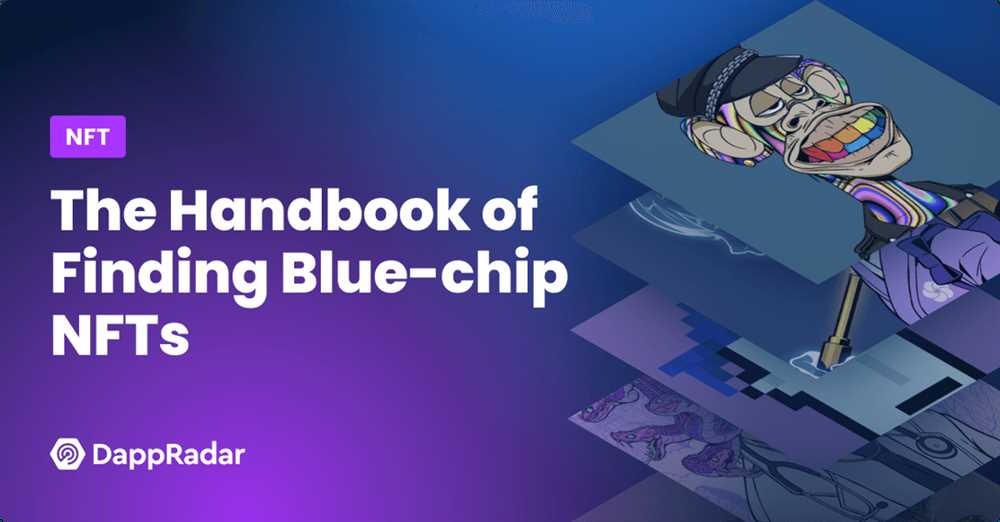
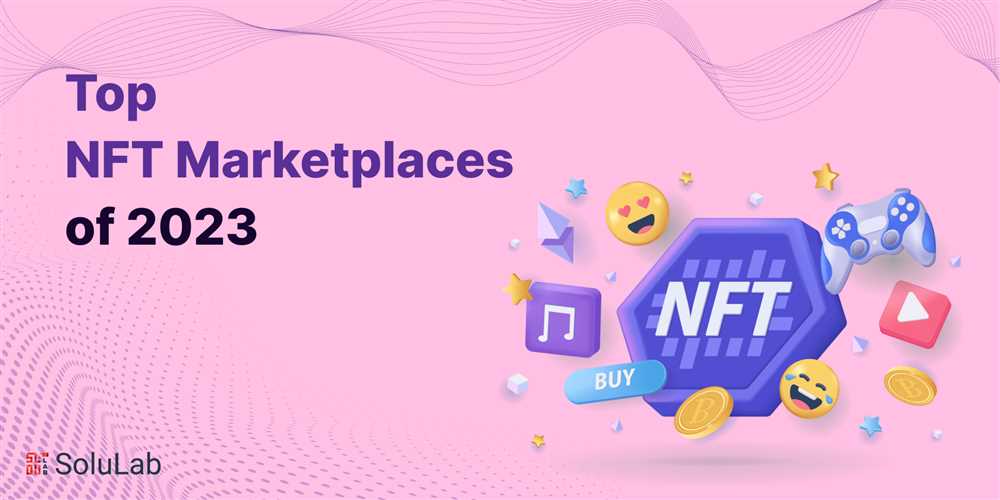
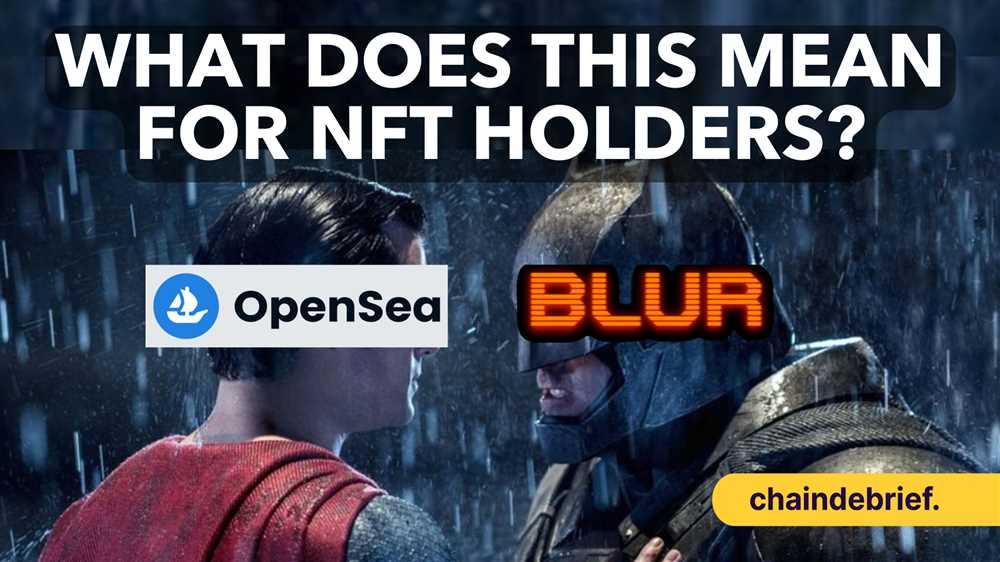
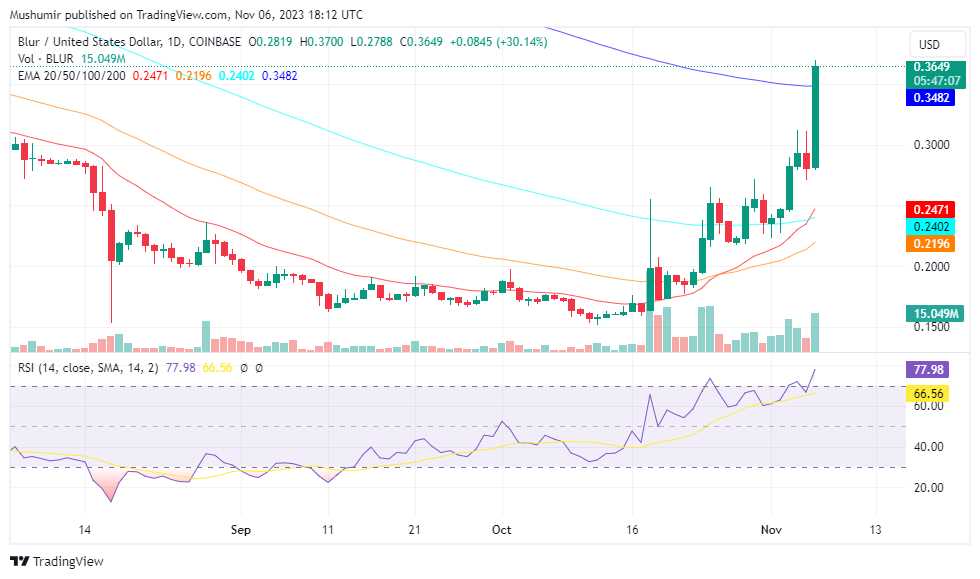
Leave a Reply